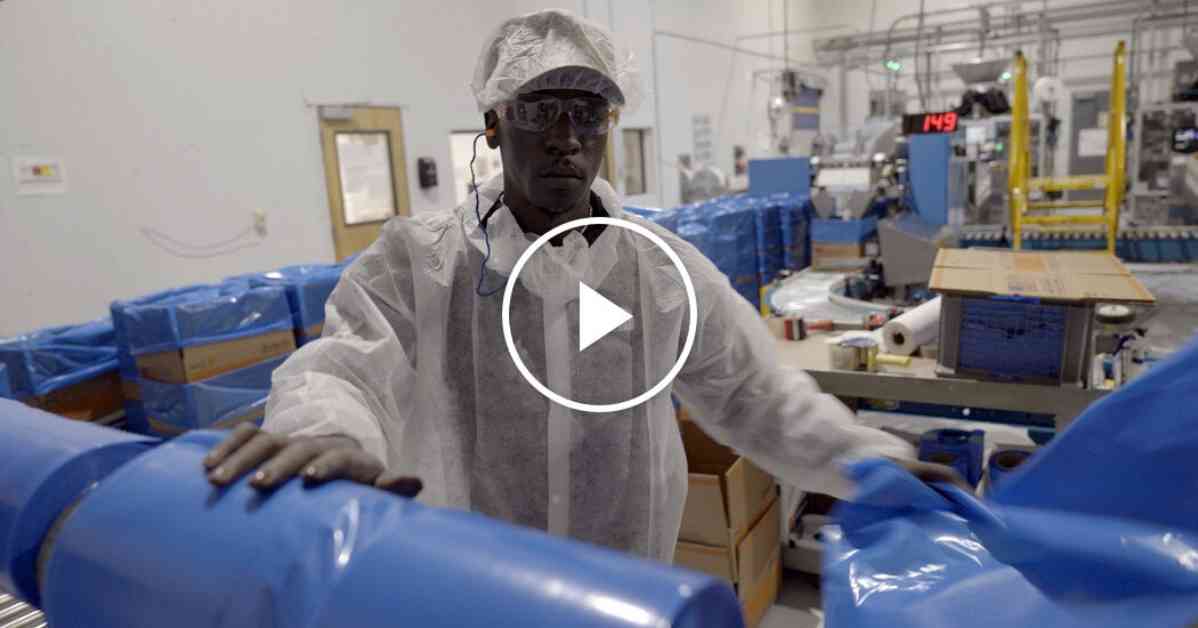The fate of a Georgia factory hangs in the balance as uncertainty looms over its future amidst the impact of DOGE cryptocurrency and potential cuts to U.S.A.I.D. funding. Located in Fitzgerald, Georgia, this factory plays a crucial role in producing peanut paste that is distributed worldwide to feed starving children. With over 112 jobs at stake, the community is on edge, wondering if the factory will survive the current challenges it faces.
Historical Context and Economic Impact
Fitzgerald, a town that has weathered economic storms in the past, found hope when MANA Nutrition opened its doors in 2011. The factory quickly became a beacon of light in a community that had previously lost jobs due to the closure of a car battery manufacturer and railroad positions. With plans to quadruple production, MANA aimed to become a global leader in combating hunger and malnutrition.
The factory’s operations heavily relied on funding from U.S.A.I.D., with 90% of its financial support coming from the organization last year. However, recent political shifts and proposed cuts to foreign aid spending have put the factory’s future in jeopardy. Secretary of State Marco Rubio’s decision to cancel and reinstate contracts with MANA has created a wave of uncertainty, leaving business partners and employees anxious about the stability of the factory.
Community Concerns and Personal Stories
Local residents, many of whom have ties to the factory either through employment or personal connections, express their worries about the potential impact of these changes. A factory worker, born and raised in Fitzgerald, shares the emotional connection to the mission of feeding starving children, highlighting the integral role the factory plays in the community.
As discussions around budget cuts and foreign aid reductions continue, employees and residents grapple with mixed emotions. Some express faith in the administration’s strategy and hope for a positive outcome, while others voice concerns about the uncertainty that lies ahead. With livelihoods at stake and the future of the factory hanging in the balance, the community remains resilient yet apprehensive about what the future holds.
In these challenging times, the resilience of the Fitzgerald community shines through. While uncertainties persist, there is a shared sense of hope and determination to overcome the obstacles that lie ahead. As the factory navigates through these turbulent waters, the dedication of its workers and the support of the local community serve as pillars of strength, underscoring the importance of coming together in times of adversity.
The road ahead may be uncertain, but the spirit of perseverance and unity that defines the Fitzgerald community will undoubtedly guide them through these challenging times. As they continue to navigate the complexities of funding cuts and political decisions, one thing remains clear – the unwavering commitment to feeding the world’s most vulnerable populations will always be at the heart of their mission.

